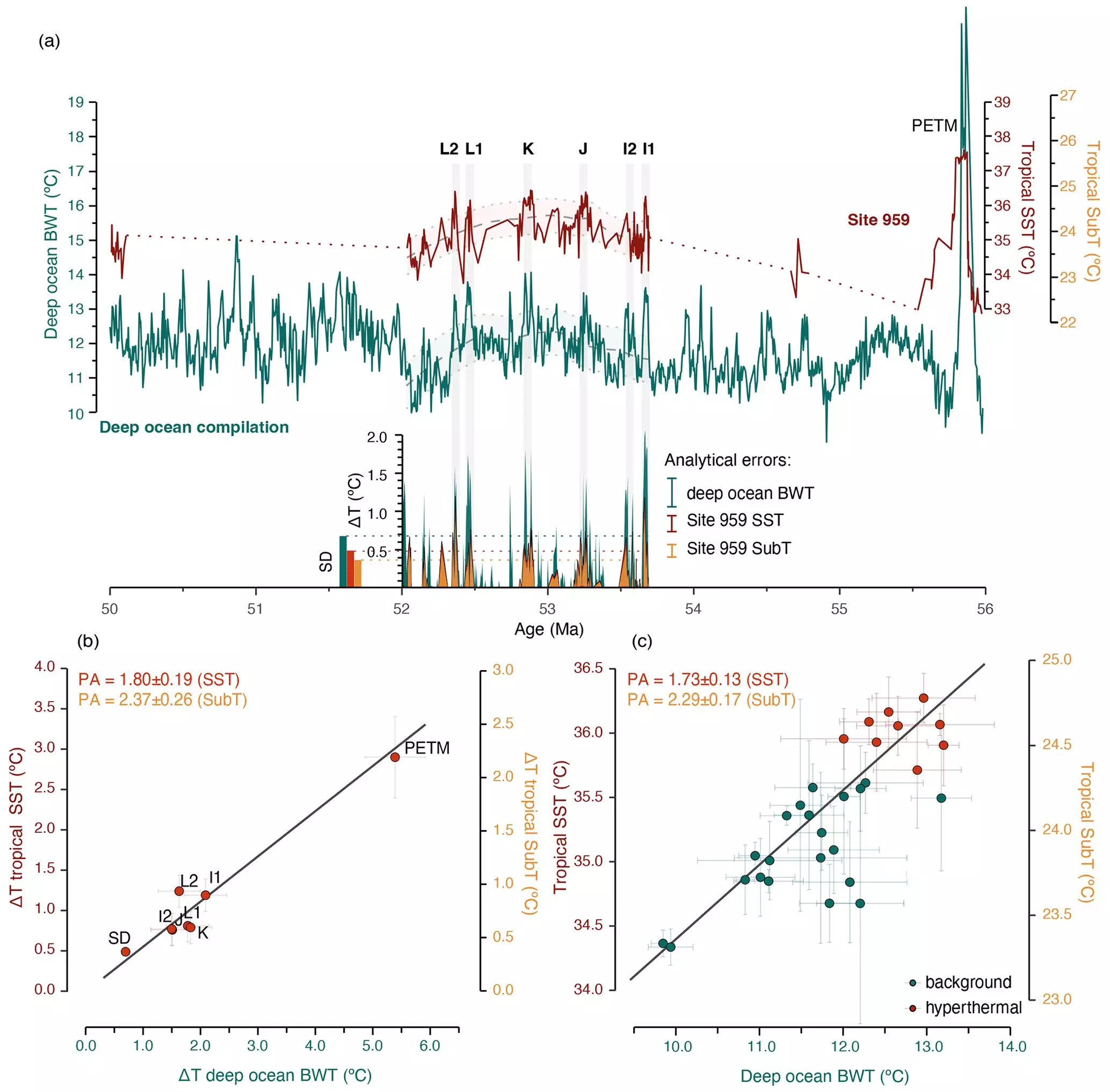

The polar regions are experiencing unprecedented levels of warming, with rates far exceeding those of lower latitudes. This phenomenon, known as polar amplification, poses significant challenges not only for the inhabitants of these regions but also for the global climate system. The Intergovernmental Panel on Climate Change has reported a substantial increase in air temperature over Arctic land masses during the 20th century, with rates reaching up to 1 °C per decade since the 1980s. This accelerated warming trend has raised concerns about the future of polar regions and how it will impact the rest of the planet.
One of the key mechanisms driving polar amplification is the ice-albedo feedback process. The reflective nature of ice plays a crucial role in moderating climate by reflecting solar radiation and helping to maintain temperature balance. However, as the climate warms and ice melts, darker surfaces are exposed, leading to increased absorption of solar radiation and further warming of the environment. This positive feedback loop has significant implications for the future of polar regions, as it contributes to the continued melting of ice and snow.
Despite the significance of ice-albedo feedbacks, there are other factors at play that contribute to polar amplification. Changes in atmospheric moisture and cloud cover can also influence the amount of radiation absorbed by the Earth’s surface, adding complexity to the overall warming process. The interplay between ice-albedo feedbacks and atmospheric processes presents challenges in predicting the magnitude of future polar warming and ice melt. This uncertainty highlights the need for a comprehensive understanding of the mechanisms driving polar amplification.
To gain insights into the potential outcomes of polar amplification, researchers have turned to the geological past. By studying a period in Earth’s history when the planet was ice-free, scientists have been able to analyze the impact of atmospheric processes on global climate variability. The Eocene period, particularly the early Ypresian epoch, provides a valuable benchmark for understanding polar amplification in the absence of significant ice-albedo changes. This historical perspective sheds light on the role of atmospheric feedbacks in driving climate warming.
Recent research published in Climate of the Past has offered new insights into polar amplification during the early Eocene. By reconstructing sea surface temperatures at high-resolution intervals, scientists have been able to quantify the feedback mechanisms responsible for driving polar warming. One of the key findings of this study is the identification of orbital cycles as a major driver of global temperature variability, with implications for the carbon cycle and atmospheric carbon dioxide levels. By examining temperature variations in both tropical and high-latitude regions, researchers have established the global nature of these climatic changes.
The findings of this research have significant implications for our understanding of future climate change and the potential impacts of polar amplification. By comparing Eocene polar amplification factors with current climate models, scientists have identified potential underestimations of the impact of warming in the Arctic and Antarctic regions. This discrepancy raises concerns about the accuracy of future climate projections and highlights the importance of improving our understanding of polar amplification. The rapid rate of warming observed in the present day suggests that the current climate is already on par with past hyperthermal events, underscoring the urgency of addressing polar amplification in climate change mitigation efforts.
The study of polar amplification offers valuable insights into the complex interplay of feedback mechanisms driving climate change. By examining past geological periods and utilizing advanced climate research techniques, scientists are making significant strides in understanding the dynamics of polar amplification and its implications for the future of our planet. As we strive to address the challenges of climate change, a deeper understanding of polar amplification will be essential in shaping effective strategies for adaptation and mitigation.
In the realm of software development, the ability to swiftly and accurately address bugs is…
The realm of quantum computing and communication is not just an abstract dream anymore; it…
In a remarkable leap for the field of material science, a collaborative research initiative has…
Throughout Earth's vast history, our planet has endured five major mass extinction events that reshaped…
Rainfall is a vital element of our planet’s hydrological cycle, yet many aspects of its…
On a night when the universe aligns, a mesmerizing phenomenon awaits: the appearance of the…
This website uses cookies.